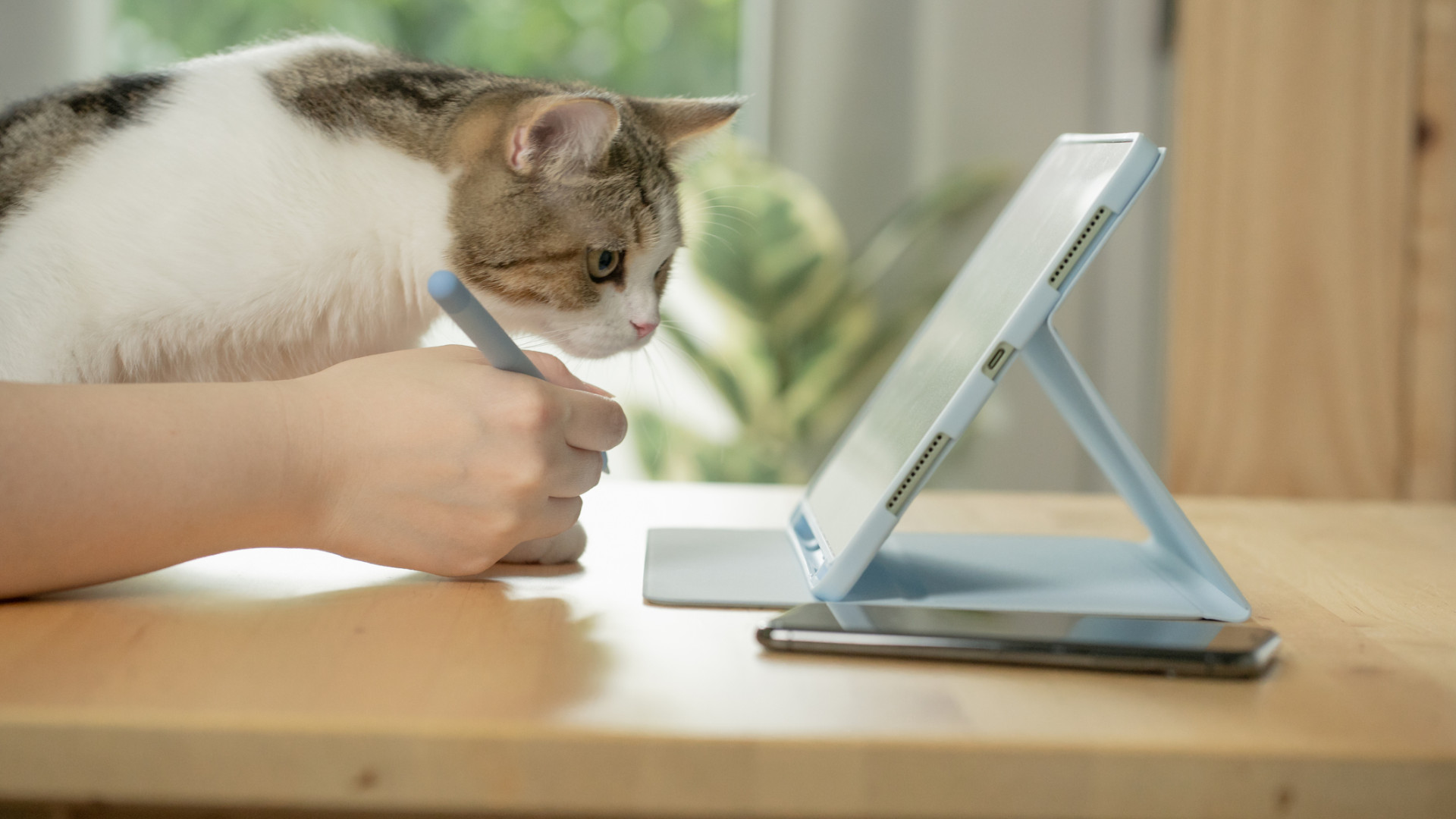As the Omicron outbreak accelerates and the country settles into Alert Level RED, we’ve once again chosen to work from home. We’ll no doubt be here for a while and this will have an impact on our business performance. Regardless, we wouldn’t have it any other way because looking after our people, and their wellbeing, will always be our top priority.
Almost all businesses claim that their people are their most valuable assets. We are a small business that has no physical assets or products so people really are our most important asset. What we sell are our ideas, our experience and skills, and our time. People are our only source of revenue and make up nearly 70% our total running costs. Without our people there is no Insight Creative.
For a number of years, we’ve focused on building a caring family culture that encourages collaboration and a sense of pulling together to deliver ‘powerful work’ for each other, for our clients, and for the business as whole. This focus has helped drive creativity, innovation, client satisfaction, and staff engagement and retention.
In recent years, as the stress of the pandemic environment has escalated, we’ve placed ever-increasing priority on the team’s mental health through the introduction of a Wellbeing Framework. It’s an all-encompassing approach to both prevention and support that features a number of initiatives, training programmes, and wellbeing benefits. Key to this framework is the stated promise that we will never compromise our people’s wellbeing for the financial gain of the business.
Our team has demonstrated their ability to adapt to whatever is needed every time we’ve been in lockdown. With technology, we’ve been almost as productive from home as we are in the office. Beyond the revenue decline, what impacts us most working from home is the added difficultly in collaborating and idea sharing. As a creative business, ideas are our bread and butter. Idea generation and exploration work better when teams are face-to-face, surrounded by the creative energy of the office.
At RED we had the option to return to the office but have chosen to keep everyone at home. Despite the bottom line impact a long home stay will have, this is the right decision for us because:
- It alleviates the mental stress that comes with an outbreak, especially as the case numbers rise, the locations of interests get closer, and we personally know people impacted. Home provides a level of perceived safety and comfort that reduces stress;
- It reduces the potential exposure to the virus our people experience when travelling to and from work. Supporting people to stay home helps keep everyone physically safe from the virus; and
- Working from home provides staff with the flexibility to juggle the many priorities in their lives. Life can be stressful when trying to manage a full-time job, kids, and other family commitments during the uncertainty of a pandemic. A good level of adaptability is needed.
Fostering culture and wellbeing continue to be our business priority as we work from home. We know how resilient our team can be and so our added priority is to give them the tools and support to keep adapting to what the months ahead may hold.
We’ll start by ensuring we keep staff engaged with each other and connected with the business. Over previous lockdowns we’ve tried a number of things from special team projects, regular state of the nation updates, extra team meetings, check-ins and training activities, sending special gifts and surprises to people at home, and regular fun team activities via Zoom. We’re implementing many of these initiatives again and actively engaging the team in uncovering more ideas and activities.
And we’ll put a strong focus on finding new ways to collaborate and improve communications. Already we’ve been advancing the way we use tools like Teams and Slack to replicate that ambient engagement you get in the office. We’ve trialled real-time online whiteboard platforms for collaboration and we’re now exploring VR virtual meeting rooms.
There’s no doubt having everyone in the office is better for the culture of our business but, putting your people first during difficult times, is proving to be the best strategy over both the short and long-term. We’re encouraged by just how many of our clients are taking the same approach.

